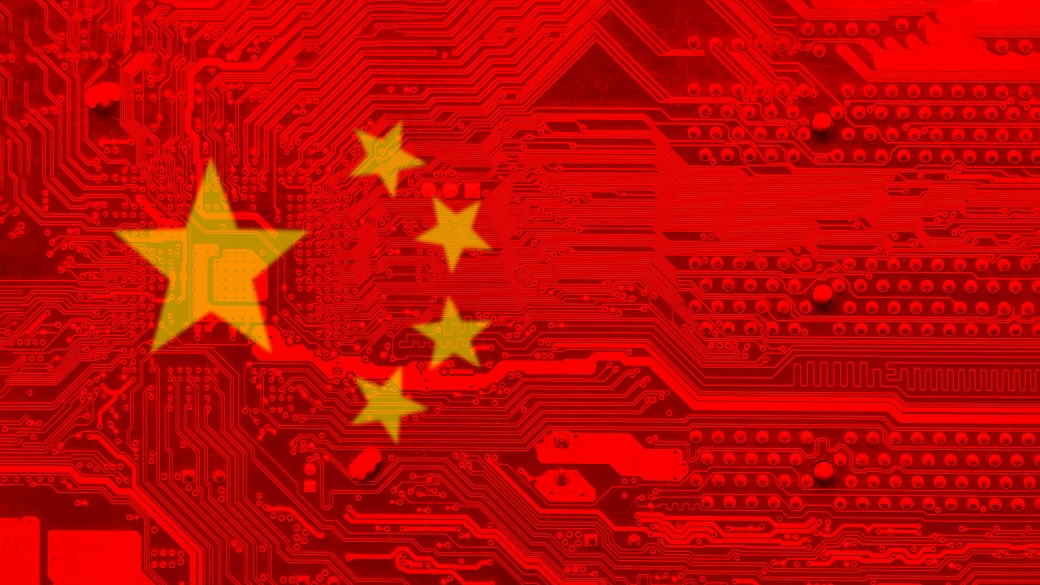Analysis by Andy Meier
In a move to suppress growing public angst against the Chinese Communist Party and Xi Jinping’s leadership, China has launched yet another regulatory measure to curb the spread of information against the regime through mobiles or internet technologies. The Cyberspace Administration of China has issued regulatory orders to mobile phone and app makers to stop fixing apps that could help in easing uploading or downloading data or pics and create disorder in the society.
As per South China Morning Post, law taking effect from December 15 also requires social media and web video operators to remove harmful news-related comments or face a range of penalties. The Communist regime has clearly directed social media platforms that they must approve all news-related comments before they go online and step-up training for censors to keep out “harmful” contents. According to the Hong Kong-based news outlet, the new law is an updated and approved version of the 2017 Regulations on the Administration of Internet Post Comment Services.
This move has been taken up in the backdrop of a flood of protests China witnessed on account of public anger over zero-Covid policy-led lockdowns. Many people in China took to live streaming sites and social media to vent their anger over lockdowns, mass Covid testing and border controls. People shared videos or news articles about people under lockdown being denied medical help or having to go without food and water for several days.
Some posts showing people committing suicide by jumping off from their high-rise apartments had stirred anti-Jinping sentiments across China. Even as some most critical posts were removed from the internet, and a few people were detained for disrupting social order, the country could not escape from falling into a whirlwind of chaos and agitation.
There is a lingering fear among Chinese authorities that the country may witness more protests and violence in the coming days because of growing uncertainty in the Chinese market amidst economic slowdown.
The government campaign to rein in tech companies, the crisis in the real estate and housing sector and lockdowns have already escalated the employment problem in China. According to Bloomberg, tens of millions of Chinese youths are unemployed in the country. Analysts say unemployment and economic slowdown, along with enduring US-China trade war have created a timebomb, which may explode anytime in the East Asian country.
China’s Communist regime seems to be not prepared to take any chances now. Before simmering discontent among youths against the regime snowballs into a mass anger and it witnesses nation-wide protests as seen this year in the last week of November and early days of December, it wants to place further restrictions on mobile and internet technologies.
According to South China Morning Post, while the Chinese regulator has not spelled out specific penalties for violations, but it has said, “app distribution platforms are responsible for taking appropriate moves to correct any issue” and that it would “take targeted measures” against platforms with severe problems and “implement those measures forcefully.”
In China internet censorship, colloquially known as the Great Firewall, has existed since 2000, when the country’s Ministry of Public Security launched the Golden Shield Project—a labyrinthine mechanism of censorship and surveillance aimed at restricting contents and identifying and locating individuals.
Despite the existence of such censorship mechanisms, Chinese youth saw the internet as a channel for new thinking. Chinese citizens could go online to expose government corruption and criticise leaders. Online discussions were somewhat free and open, and young users were especially eager to learn and debate big ideas about the political system and how China should be governed. But this has changed since Xi Jinping became the Chinese Communist Party General Secretary and President of the country.
It became rather clear in December 2015, when during China’s second World Internet Conference in Wuzhen, a Southern Chinese city, amidst the presence of thousands of tech entrepreneurs, analysts and few heads of state, the Chinese President set out his vision for the future of the country’s internet. He said, “We should respect the right of individual countries to independently choose their own path of cyber-development.” Xi Jinping’s statement was seen as a warning as to what would be the shape of cyberspace during his leadership; China’s internet would be a world unto itself with contents closely monitored and managed by the Chinese Communist Party.
Analysts say that from time to time, China has brought changes in internet technologies to suit its purpose to control the society. It passed new laws on what would be acceptable content, and severely punished those who tried to violate the new restrictions. “Foreign content providers found their access to China shrinking,” The Guardian said in a write up on China’s censorship mechanism.
Xi desired that Chinese companies dominate the country’s rapidly growing online space. Analysts say that no matter how harsh and effective censors are placed on the spread of information through mobile or internet technologies, Chinese people are innovative and smart and they will not stop from venting their frustration, which is piling up under the autocratic regime of the Communist Party of China.
voicesagainstautocracy.org

